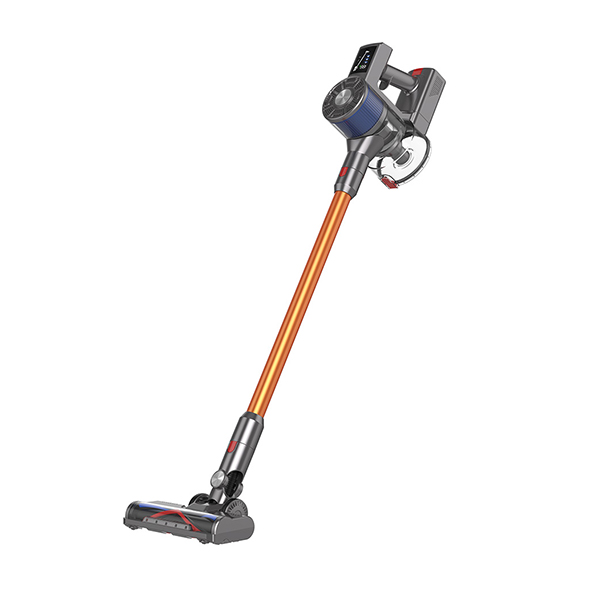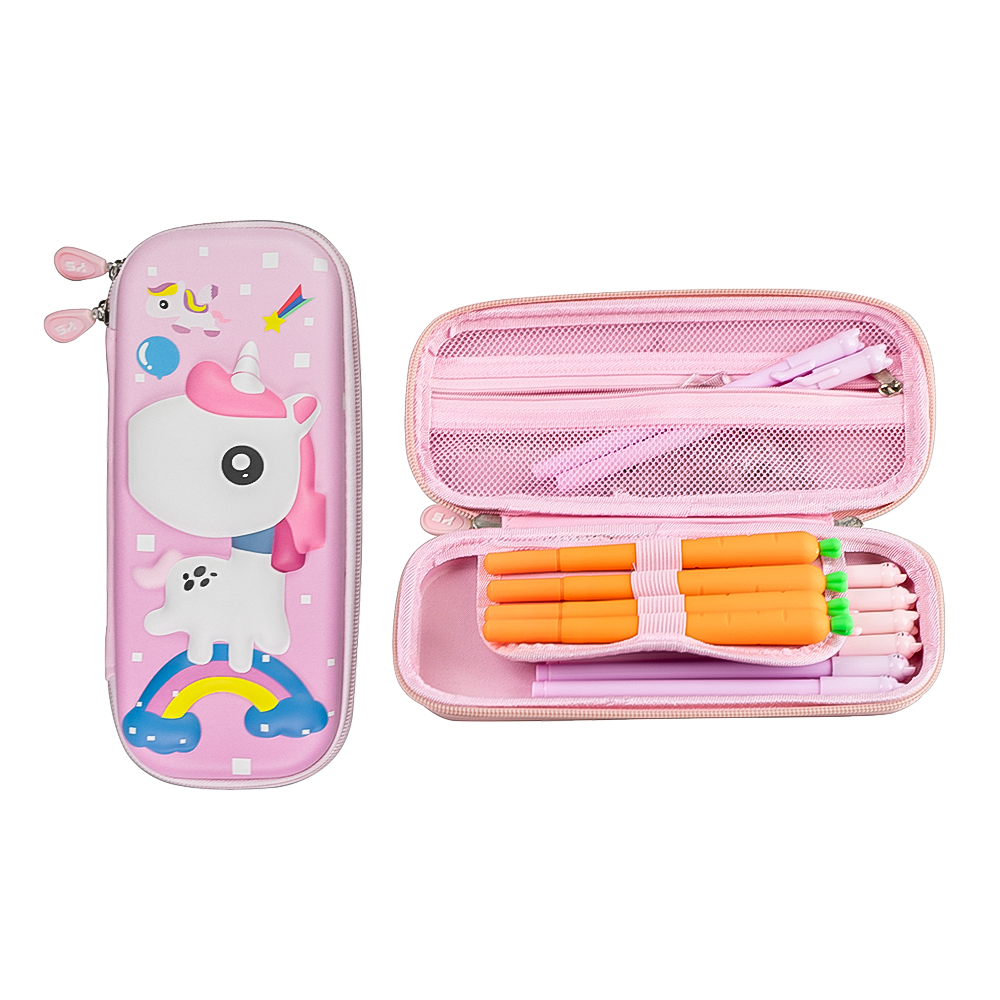When it comes to sunglasses, the choices can be overwhelming. With a myriad of styles, lenses, and technologies available, selecting the best type of sunglasses to wear is not merely about aesthetics; it’s also about protecting your eyes and enhancing your visual experience. In this article, we will explore the various factors that contribute to finding the perfect pair of sunglasses tailored to your lifestyle, eye health, and personal style.
Understanding UV Protection
The primary function of sunglasses is to shield your eyes from harmful ultraviolet (UV) rays. Prolonged exposure to UV radiation can lead to serious eye conditions, including cataracts, macular degeneration, and photokeratitis. Therefore, the first step in choosing the best sunglasses is to ensure they offer 100% UV protection. Look for labels that specify UV400 protection, which blocks both UVA and UVB rays effectively.
Lens Types: Polarized vs. Non-Polarized
One of the most critical decisions in selecting sunglasses is choosing between polarized and non-polarized lenses.
- Polarized Lenses: These lenses contain a special filter that reduces glare from reflective surfaces, such as water, snow, and roads. This feature is particularly beneficial for outdoor activities like fishing, skiing, or driving, as it enhances visual clarity and reduces eye strain. If you spend a lot of time outdoors, polarized sunglasses are often the best choice.
- Non-Polarized Lenses: While they provide UV protection, non-polarized lenses do not reduce glare. They may be suitable for casual wear or indoor use but may not offer the same level of comfort and clarity in bright conditions.
Lens Material: Glass vs. Polycarbonate vs. Trivex
The material of the lenses also plays a significant role in the performance and durability of sunglasses:
- Glass Lenses: Known for their superior optical clarity and scratch resistance, glass lenses are ideal for those who prioritize visual quality. However, they can be heavier and more prone to shattering upon impact.
- Polycarbonate Lenses: These lenses are lightweight and highly impact-resistant, making them an excellent choice for sports and active lifestyles. They also provide UV protection but may scratch more easily than glass.
- Trivex Lenses: Similar to polycarbonate, Trivex lenses offer lightweight comfort and high impact resistance. They also provide excellent optical clarity and are less prone to distortion, making them a great all-around option.
Frame Styles: Finding Your Fit
The frame style of sunglasses can significantly affect both comfort and functionality. Here are some popular styles to consider:
- Aviators: Timeless and versatile, aviators suit various face shapes and provide ample coverage.
- Wayfarers: Known for their iconic design, wayfarers offer a blend of style and comfort, making them suitable for casual and formal occasions.
- Wraparound: Ideal for sports enthusiasts, wraparound sunglasses provide maximum coverage and protection from wind and debris.
- Cat-Eye: A fashionable choice, cat-eye sunglasses can add a touch of elegance to any outfit while providing adequate UV protection.
Prescription Sunglasses: Combining Vision Correction with Style
For those who require vision correction, prescription sunglasses are an excellent option. They combine the benefits of UV protection and glare reduction with your specific vision needs. Many eyewear brands now offer stylish frames that can accommodate prescription lenses, ensuring you don’t have to compromise on style for functionality.
Additional Features: Anti-Reflective Coatings and Photochromic Lenses
When selecting sunglasses, consider additional features that can enhance your experience:
- Anti-Reflective Coatings: These coatings reduce glare from light reflecting off the lenses, improving visual comfort, especially in bright conditions.
- Photochromic Lenses: These lenses automatically darken in response to sunlight and clear up indoors, providing versatility for those who frequently transition between different lighting environments.
Conclusion: Tailoring Your Choice to Your Lifestyle
Ultimately, the best type of sunglasses to wear depends on your individual needs, lifestyle, and personal style. Whether you prioritize UV protection, glare reduction, or fashion, understanding the various options available will empower you to make an informed decision. Remember to try on different styles and consult with an eye care professional to ensure you find the perfect pair that not only looks great but also protects your eyes effectively. Investing in high-quality sunglasses is not just a fashion statement; it’s a crucial step towards maintaining your eye health for years to come.









+ There are no comments
Add yours